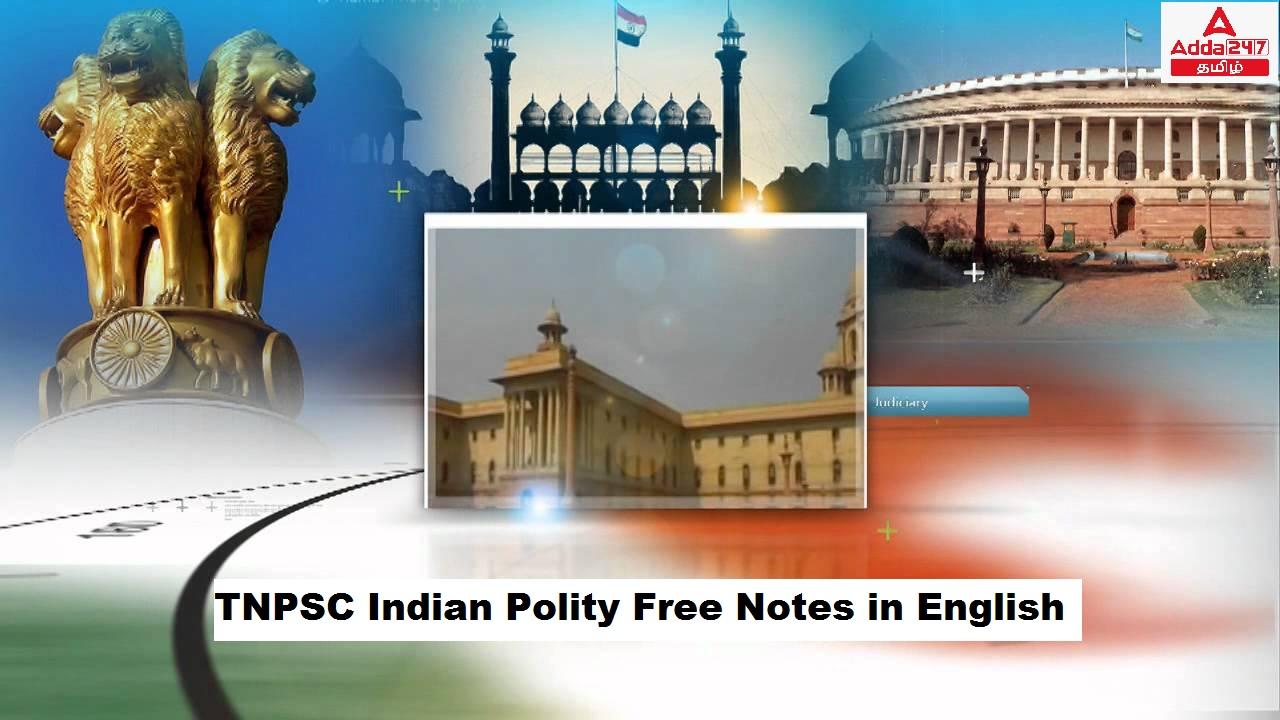இந்தக் கட்டுரையில், TNPSC குரூப் 1, குரூப் 2, குரூப் 2A, குரூப் 4 மாநிலப் போட்டித் தேர்வுகளான TNUSRB, TRB, TET, TNEB போன்றவற்றுக்கான முறைகள் இலவசக் குறிப்புகளைப் பெறுவீர்கள்.தேர்வுக்கு தயாராவோர் இங்குள்ள பாடக்குறிப்புகளை படித்து பயன்பெற வாழ்த்துகிறோம்.
Charter Act of 1833
Introduction
The Regulating Act of 1773 made it compulsory to renew the Company’s Charter after
twenty years. Hence, the Charter Act of 1793 was passed by the Parliament. It extended
the life of Company for another twenty years and introduced minor changes in the
existing set up. The Charter Act of 1813 provided one lakh of rupees annually for the
promotion of Indian education. It also extended the Company’s charter for another
twenty years.
The Charter Act of 1833 was a significant constitutional instrument defining the scope
and authority of the East India Company.
Provisions of the Charter Act of 1833
The liberal and utilitarian philosophy of Bentham was made popular by the provisions of this
Act.
Following were the important provisions:
I. The English East India Company ceased to be a commercial agency in India. In other
words, it would function hereafter as the political agent for the Crown.
II. The Governor-General of Fort William was hereafter called ‘the Governor- General of
India’. Thus, Bentinck was the first Governor-General of India.
III. A Law Member was appointed to the Governor-General’s Council. T. B. Macaulay was
the first Law Member of the Governor- General-in-Council.
IV. The Act categorically stated ‘that no native of India, nor any natural born subject of His
Majesty, should be disabled from holding any place, office, or employment, by reason of
his religion, place of birth, descent or colour”. It was this enactment which laid the
foundation for the Indianisation of public services. After twenty years, the Charter Act of
1853 was passed and it was the last in the series of Charter Acts.
Conclusion
The Charter Act of 1833 was passed during the time of Lord William Bentinck. Accordingly
monopoly of the company was abolished. The Governor General in Bengal became the
Governor General of India. This Act added a law member to the executive council of the
Governor General. The Bishops of Bombay, Madras and Calcutta were to be appointed for the
benefit of the Christians in India.
**************************************************************************
| Adda247 TamilNadu Home page | Click here |
| Official Website=Adda247 | Click here |




